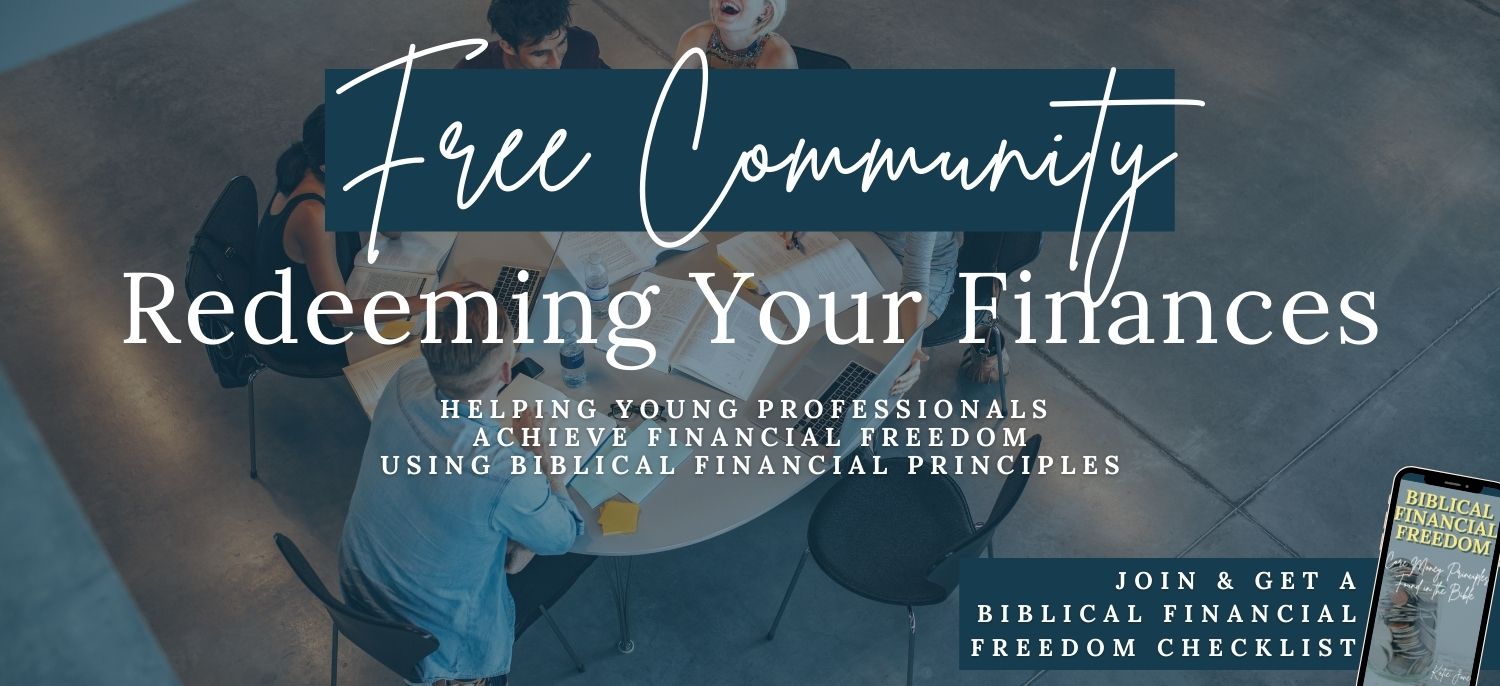6 Common Home Buying Myths Debunked
This post may contain affiliate links, which help us generate revenue so that we can keep producing awesome content for you. We want to thank you from the bottom of our hearts for using our links and giving us the opportunity to share a sliver of this great big world with you.
As an Amazon Associate, I earn from qualifying purchases.
For every home buyer, first-time or 100th time, there are hurdles to jump through. However, buying a home does not need to be too difficult. Let’s take a moment to debunk some popular home buying myths that will hopefully put you more at ease with the process.
Check Out Our First-Time Home Buyers Guide!

6 Common Home Buying Myths
1) Spring or Summer is the Only Time to Buy
Most people will tell you that you need to buy a house in the springtime. And if you don’t buy one in the springtime you still have the summertime. However, if you don’t buy a house by the end of summer you need to just wait until next year.
Spring and summer are both great seasons to buy a home. Houses show well in the warmer weather, and people like to move when it’s not cold or snowy.
However, there are still reasons to consider buying a house in the fall or winter.
- Less competition
- Motivated sellers
- Access to professionals

2) You Need to Put 20% Down
Out of all the home buying myths out there, this is a very common one that a lot of people believe in. However, the down payment that you bring to the table is dependent on the type of loan that you are approved for.
If you are not able to put 20% down on a property, there are other loan options and programs out there for you to choose from. You just need to figure out what is best for you.
There are a lot of different expenses that go into buying a house, and the down payment tends to be the most expensive item.
Examples of loans that accept less down
- FHA Loans: The Federal Housing Association (FHA) is a great option, especially for first-time home buyers. You can put as little as 3.5% down when qualified for this loan. There are a lot of regulations that come along with FHA loans, so make sure you do your homework before jumping in.
- VA and USDA Loans: VA loans or other government loans provide the opportunity to put as little as 0% down. VA loans are specifically for veterans and their family members. USDA loans are for buyers in qualifying locations like rural areas.
- Local and State Programs – There are many different types of local and state agencies that offer down-payment assistance programs. Many of them are geared towards first-time home buyers, but there are plenty of other opportunities out there. All you need to do is search up the ones in the location you are looking to purchase.
3) You Have to Pay Off All Debt First
Though I do think this is a great path to take, it is not necessary to pay off all of your debts before buying a house.
Many people are able to get approved for a loan even with student loans, car payments, or credit card debt.
Lenders want to see your debt to income ratio. So if your income is decent, you’ve been paying off your debts regularly, and you’re still able to make mortgage payments you can still be approved for a loan.
Your debts may affect the amount you are approved for so it might be a good idea to pay off your student loans, but you should still be able to qualify for some type of loan.
Related: What Does The Bible Say About Debt?
Can you buy a house with bad credit?
So what if you haven’t been paying off your debts regularly and your credit score has been negatively affected?
There are still options for those with lower credit scores. It will be a little more difficult to get approved for a loan, but not impossible.
- FHA loans: FHA loans can be a great opportunity for those with lower credit scores. Ask your lender about your options with this loan.
- Co-signer: Do you have a family member or a best friend who has a great credit score? They could possibly co-sign for you on your mortgage. However, they need to understand the risk of co-signing before jumping in.
- Larger down payment: If your credit score is low, your lender may be able to still qualify you if you have the ability to put 20% down on the purchase of your home.
4) Buying is Always Better Than Renting
There are a lot of places where you may save money in the long run by purchasing a house rather than renting. However, the choice to rent or buy is very personal, and buying may not always be better than renting for some people.
There are awesome benefits to buying your personal home. But there are also benefits to renting, like not needing to do tons of home maintenance! Everyone needs to decide what is best for them.
At the time that I am writing this article, we live in a property that we do not own! We do have our own rentals, but we have an amazing deal on this place, and in our current situation renting is better than buying!
Related: The Difference Between an Investor-Friendly and an Investor-Experienced Agent
5) Your Loan Pre-Approval Means You Got the Loan
A loan pre-approval is just that, a pre-approval. You still need to be approved for the loan officially.
A pre-approval is when a lender takes a general look into your finances and says, “Okay, everything looks fine from up here.”
When is a loan officially approved?
- The seller accepts your offer on their house
- The value of the home is assessed
- Your lender will do a deep dive into your finances
- You sign the documents and purchase the home
The loan approval happens during the closing process.
This is where things get tricky and you will need to have all of your financial documents in order to send over to your lender. They will ask you for documents you didn’t even know existed. Your employer will get a call from your lender to verify your job status.
Unfortunately, this is the time where many contracts fall through, but this doesn’t have to be you!
6) There is No Going Back After You’ve Made an Offer
Another home buying myth I hear is that once you’ve made an offer you are locked into that house. Making an offer is not the end all be all of purchasing a home.
First off, the seller needs to respond to your offer and even if they do accept it, there are contingencies set in place to protect you from purchasing something you don’t feel comfortable with.
Contingencies can include:
- Inspection
- Appraisal
- Selling of your home
- Loan approval
Technically, you can back out of the purchase agreement at any point. Depending on your purchase agreement and the laws in your state, you may need to forfeit your earnest money to the seller.
Related: 5 Things to Consider Before Buying Your First House
What other home buying myths have you heard? Did you find anything surprising about these home buying myths?
Did you recently buy a home or are you in the process? Here are some great tools that you need to check out!
What Happens During the Closing Process?
10 Things You Need to do Before Moving Into a New House
Preventative Home Maintenance Checklist
Winterization Checklist





Not a myth but something to be aware of when buying your first home especially is the amount of paperwork and documentation required to get your loan approved.
A myth that can save you thousands of dollars is your mortgage rate. Often these are negotiable so don’t think you have to accept the first rate you get. Shop around.
There is definitely a lot of paperwork! So many things to print, sign, and send. Digging up all of your old financial paperwork too.
That is definitely a common home buying myth. I always recommend that people shop around to see the different types of loans and rates that are available.
If you want a $200k house, no need to buy a $275k just because you qualify for it. One of the traps many fall into is borrowing all of the money the bank is willing to loan you. Stick to your budget for a home even if it’s less than you can qualify for.
That is a really good myth! If you get qualified for a big loan it doesn’t mean you need to use the entire amount! Thanks for sharing that one.